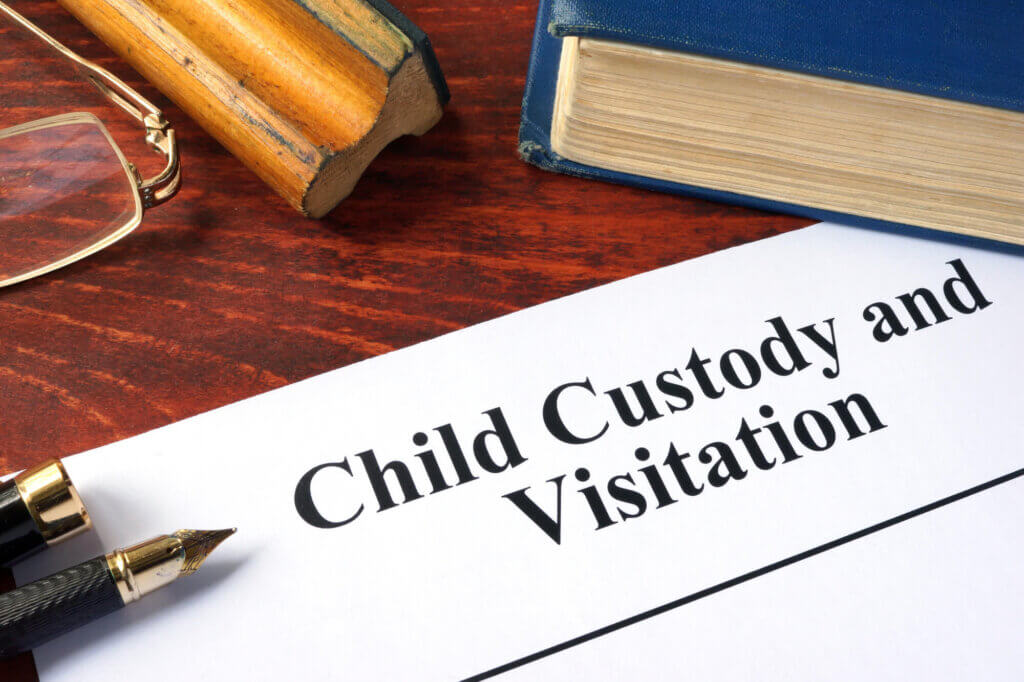Divorce can be particularly challenging when children are involved. For parents in Valparaiso, child custody mediation offers a way to resolve custody and parenting time arrangements without the stress and formality of court. Mediation provides a neutral space for parents to work together in crafting a parenting plan that serves the best interest of their children. If you’re preparing for custody mediation, here are essential tips to guide you through the process.
Understand the Purpose of Custody Mediation
The goal of custody mediation is not to “win” but to create a stable, cooperative plan that supports your child’s emotional, physical, and educational needs. The mediator’s role is to facilitate conversation and help both parents explore options for parenting time, holiday schedules, decision-making responsibilities, and more. Remember, the focus should always remain on what is best for the child—not personal grievances.
Prepare Your Documents and Schedule Information
Before the mediation session, gather any documentation that may help the discussion. This can include your child’s school and extracurricular schedules, health records, and any current informal parenting arrangements. Bring a proposed schedule, but also be open to discussion and adjustment. Knowing the details of your availability and your child’s needs will help keep discussions grounded in practical solutions.
Keep the Child’s Best Interests at the Center
Throughout the process, remind yourself that the goal is not to punish your co-parent or to seek revenge. Instead, focus on what arrangement will create the healthiest and most supportive environment for your child. Consider factors like consistency, minimizing transitions, maintaining school and activity routines, and supporting strong relationships with both parents.
Practice Calm, Respectful Communication
One of the keys to successful child custody mediation in Valparaiso is managing your emotions and communicating clearly. Use “I” statements to express concerns instead of placing blame. For example, say “I’m concerned about consistency during school nights” rather than “You never show up on time.” Stay calm, listen actively, and avoid interrupting. Respectful behavior not only helps the process go more smoothly but also models good communication for your children.
Be Open to Compromise
Even if you come into mediation with a strong vision for your ideal parenting plan, be ready to compromise. Flexibility demonstrates your willingness to work cooperatively and can build trust with the other parent. If your co-parent sees that you’re acting in good faith, they may be more willing to meet you halfway.
Focus on Practical Solutions
Custody arrangements should reflect the real needs and rhythms of your family. Think through logistics like school pickup, transportation, holidays, vacations, and medical appointments. Practical, detailed solutions help avoid future conflict and confusion. A vague agreement can lead to misunderstandings later, so be specific where it counts.
Plan for the Future, Not Just Today
As children grow, their needs and schedules change. Your parenting plan should have built-in flexibility and a mechanism for future adjustments. Include how you and your co-parent will handle changes to school, health issues, or relocation. Having a plan for future communication can reduce conflict and provide long-term stability for your child.
Avoid Involving the Children in the Conflict
Children should never feel like they’re being asked to choose sides or carry emotional burdens during the divorce. Avoid discussing the details of mediation with them. Instead, reassure your child that both parents love them and are working together to make things better. Shielding them from conflict is one of the best gifts you can give during this transition.
Seek Legal and Emotional Support
While the mediator remains neutral, it’s wise to consult a family law attorney to ensure your rights are protected and your proposed agreement is fair. Additionally, if you find yourself overwhelmed, consider speaking with a therapist or counselor to help you manage stress, improve communication skills, and keep the process child-focused.
Know When to Take Breaks
Custody mediation can become emotionally intense. If you or the other parent becomes overwhelmed, it’s okay to ask for a short break. Taking time to breathe and reflect can help you return to the conversation with clarity and calm.
Final Thoughts
Child custody mediation in Valparaiso can be a powerful tool for building a cooperative parenting plan that reflects your child’s needs. By preparing thoroughly, focusing on respectful communication, and keeping your child’s best interests at heart, you can create a sustainable agreement that supports your child’s development and well-being. Successful mediation lays the groundwork not just for co-parenting, but for a future where your child feels safe, loved, and supported by both parents.













